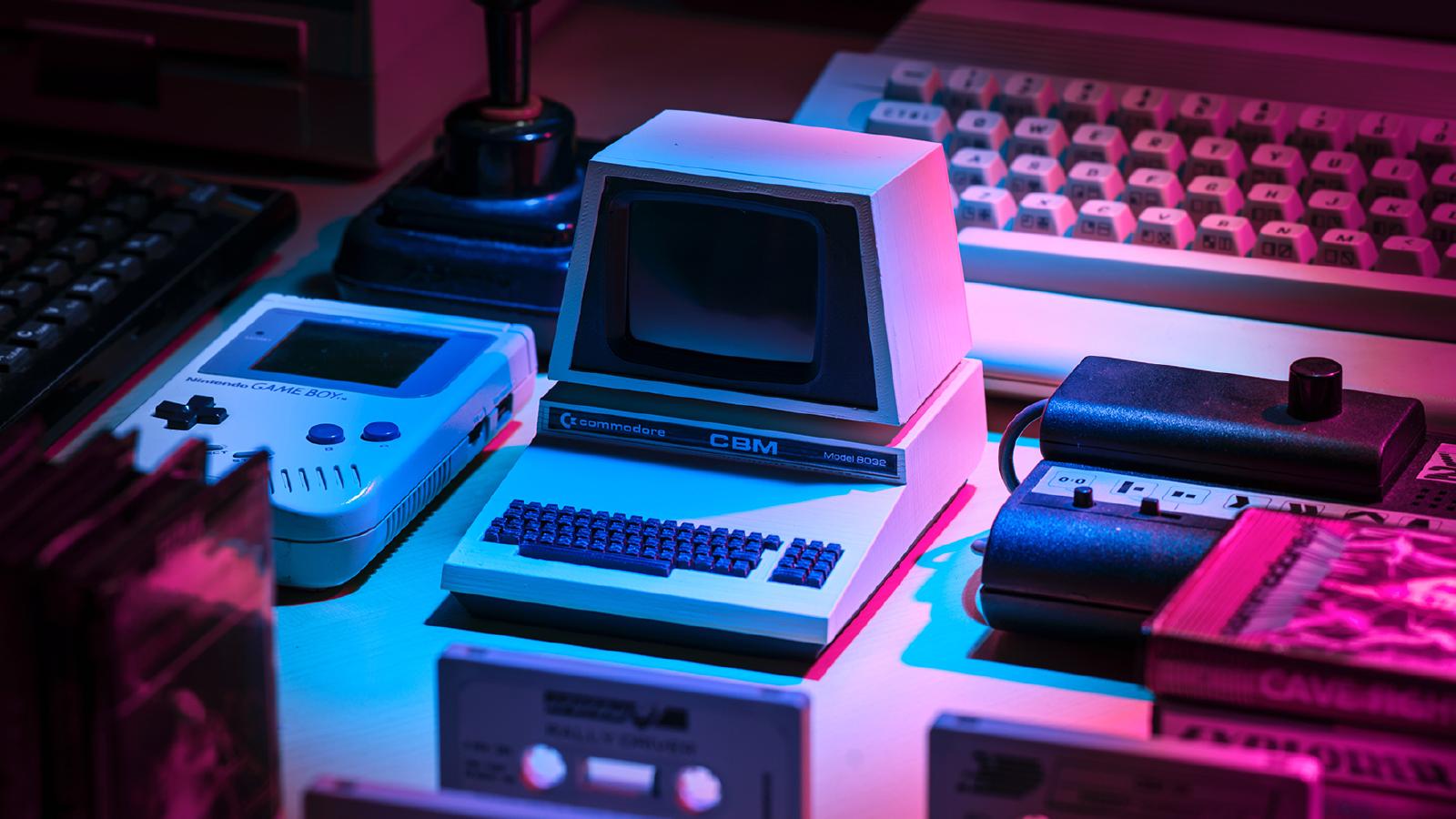Brand Affinity: Gamers and Energy Supplements
It’s been a big couple of months for video game enthusiasts. Sony and Microsoft released their next-generation consoles, the Playstation 5 and Xbox Series X/S. Nvidia and AMD each came out with a new line of graphics cards. Perhaps the biggest news of all – beloved Polish game developer CD Projekt Red finally dropped their most-awaited title to date: Cyberpunk 2077.
One of the most common use cases for an audience intelligence platform is determining brand affinity within a particular audience, from broad questions like “What kind of games do college students play?” to very specific ones, like “Which mechanical keyboards are most popular with Ukrainian real-time strategy enthusiasts?” With all these new titles and hardware, plus the upcoming holiday break, gamers will likely be spending a lot of hours in front of their monitors. We decided to ask: which energy supplements will this audience reach for to keep them charged up as they play?
The Audience
To begin, we pulled in 10,000 people who identified themselves as gamers on social media. We also analyzed 200 recent posts from each individual, giving us a fairly deep insight into each gamer’s sentiment toward a variety of brands.


Demographically, the audience lines up with what one might expect: the vast majority are men and the ethnic breakdown is roughly comparable to the United States as a whole. The games they talk about most frequently? Cyberpunk 2077 (61% of the audience), Minecraft (20%), and Call of Duty: Warzone (18%).
Gamers’ Energy Supplement Preferences
So, where does our audience turn when they’re feeling fatigued but want to finish a particularly challenging campaign?

Red Bull
It’s no surprise that Red Bull takes the top spot. Generally considered to be the first mass-market energy drink, it is also the most popular in the US with 43% of the market share. It was mentioned by 16% of our audience, with 80% of those mentions containing a positive sentiment.

5-Hour Energy
Coming in second is the brand that popularized the “energy shot,” 5-Hour Energy. They recognized that people bought energy drinks for the kick and not the flavor, so they decided to concentrate everything into a tiny package that could be downed in one quick gulp. 5-Hour Energy was mentioned by 11% of the audience, with 73% of those mentions being positive.

Monster Energy
Monster Energy takes third place with 7% of the audience mentioning the drink and 70% of those mentions containing a positive sentiment. Monster Energy has long held a special place in internet culture, spawning a variety of memes that range from endearing to downright bizarre.

Focus+ by Vitamin Energy
Vitamin Energy is a relative newcomer to the energy supplement space. Focus+ is similar to 5-Hour Energy in that it’s a shot rather than a drink, but it sets itself apart by replacing sugar with several natural energy boosters along with the standard caffeine. Focus+ was mentioned by 5% of the gaming audience, with 82% of those posts being positive.

Rockstar Energy Drink
Rockstar Energy Drink takes the fifth spot in our list, with 4% of the audience mentioning it. 68% of those mentions were positive. Like its larger competitors, the Las Vegas-based brand is known for sponsoring a variety of music and extreme sports events. It is the third most popular energy drink in the US, with approximately 10% of the market share.
In the age of social distancing, many people will be looking for ways to fill their time off of school and work. Many will spend their breaks playing video games late into the night and, undoubtedly, knocking back an energy drink to stay in the game.


Recent Comments